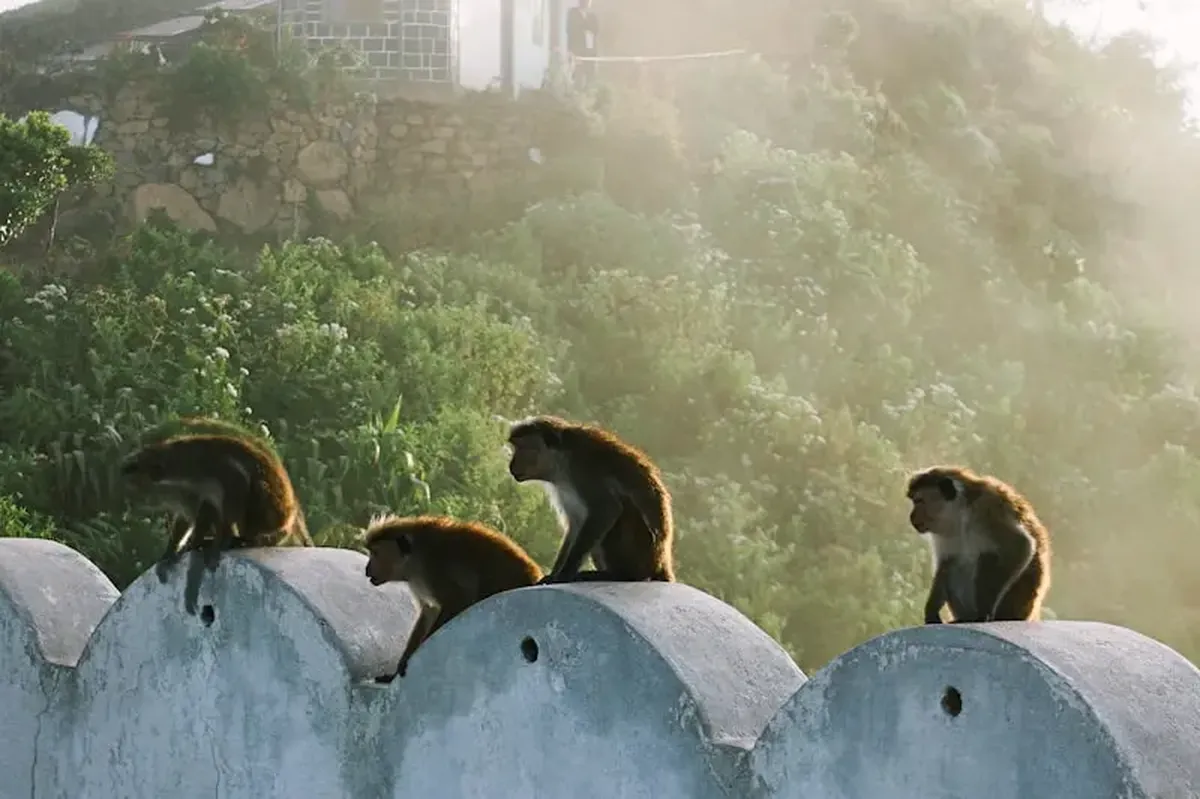
People tend to define dominance in terms of the use of tools, language, and culture, as well as the ability to alter their environment. This perspective is quite anthropocentric, prioritizing what humans can do while completely overlooking what they cannot. The planet can exist without human intelligence; bacteria outnumber humans in both quantity and mass. They have colonized much of the Earth and will likely remain long after humans have vanished. For 99.9% of the time that life has existed on Earth, the planet thrived without human intellect. Therefore, if humanity were to disappear, there’s no compelling reason to assume that anything or anyone would take its place.
Octopuses and dolphins are highly intelligent, but life in water excludes the use of fire and electricity. As a result, they would be unable to refine metals or build machines. Evolution for life on land would take around 100 million years. Baboons are the leading contenders to replace humans. In the meantime, primates living on land would find it much easier to adapt to the environment that remains after humanity. Baboons, which live alongside humans in South Africa, are social creatures and possess intelligence comparable to that of chimpanzees.
As noted by Sciencefocus, immediately following the extinction of humanity, they could seize human settlements and consume the food and livestock that remain. This would likely lead to a sudden population boom. Even when food runs out, these animals would still benefit from shelter in human buildings. Additionally, baboons might begin to use some of the metal tools and knives left behind by humans. This could give them enough of an advantage to outpace other primates and predators. Complex human machinery would rust long before baboons could figure out how to use or repair it. However, thousands of years later, the availability of refined metals and plastics might allow them to embark on their own technological progress.
